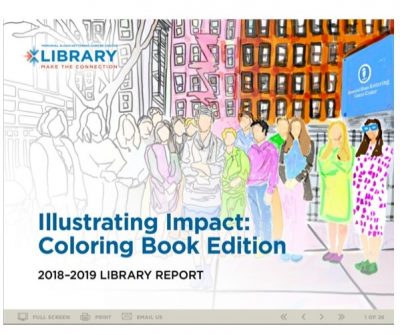In early May, I attended a webinar about preprints and PMC (PubMed Central). Kathryn Funk, the Program Manager for this full-text archive of biomedical and life sciences journal literature at the U.S. National Institutes of Health’s National Library of Medicine (NIH/NLM) shared information on a very timely initiative. Plans were about to be put into motion to launch a 12-month pilot project.
On June 9, 2020, the NIH Preprint pilot project kicked off with the intention of testing the feasibility of making preprints resulting from NIH-funded research available via PMC with related records in PubMed. This project supports NLM and their overall strategy to increase the visibility and discoverability of early NIH research results. According to NLM, lessons learned during this trial will inform the team on future efforts and next steps regarding preprints.
This launch comes at a time when the COVID-19 global pandemic has raised awareness and a growing interest in preprint servers as another communication channel for scientists to rapidly disseminate their research findings, avoiding the traditional peer-reviewed process and is why this pilot experiment will initially be focused on COVID-19-related preprints.
You can learn more about the NIH pilot project at the following sites:
- NIH Preprint Pilot Overview
- NIH Preprint Pilot FAQs
- NLM Director’s blog announcement: The NIH Preprint Pilot: A New Experiment for a New Era
- NLM Technical Bulletin: NLM Announces NIH Preprint Pilot to Provide Early Access to COVID-19 Research
- NIH Extramural Nexus: Emerging Research Now Available Through New NIH Preprint Pilot
If the links above have piqued your interest, additional resources can also be found by visiting the Preprints tab on the Library’s Open Access LibGuide.
Donna Gibson
Director of Library Services
